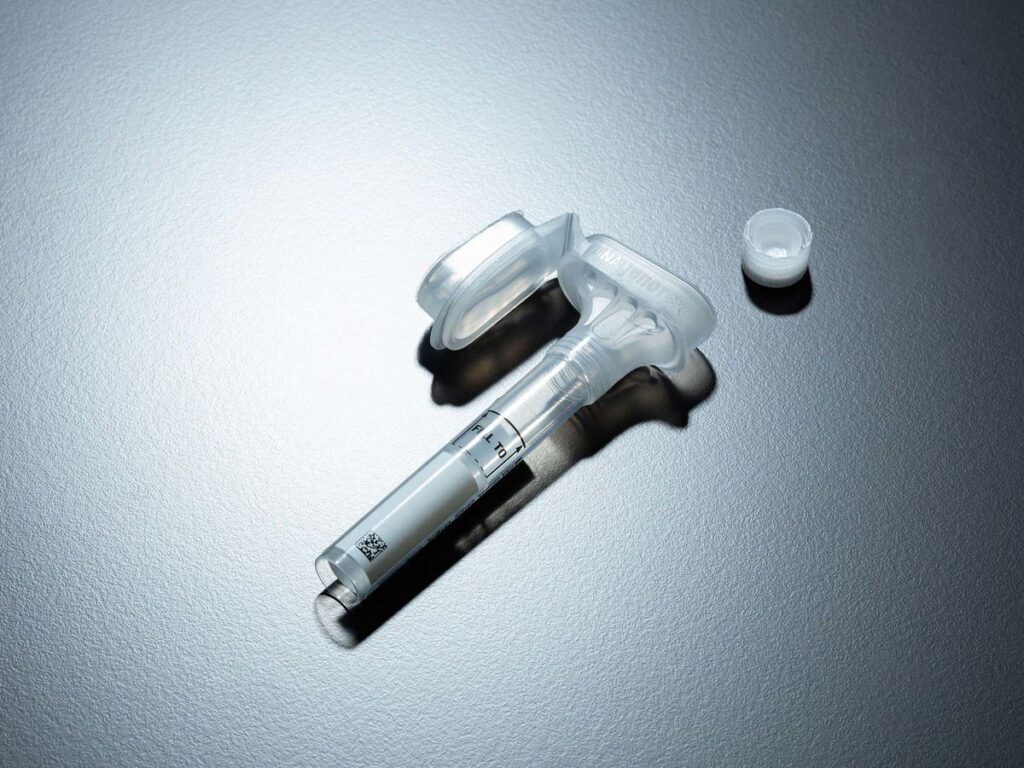Genetic Testing
Genetic testing with saliva or blood-based tests works by analyzing an individual’s DNA for germline mutations (variants). These variants are inherited and can provide information about an individual’s risk for certain genetic disorders or conditions.
Who should Test?
Genetic testing for HLRCC is recommended for individuals with a personal or family history of skin leiomyomas, multiple/severe uterine fibroids/early hysterectomy, or renal cell carcinoma—especially when these are diagnosed at a young age. If a parent carries the Fumarate Hydratase mutation that casues HLRCC, each child has a 50% chance of inheriting the gene and developing the condition. Genetic counseling can provide valuable insights into individual risk, testing options, and management strategies.

How To Get Tested
If you are considering genetic testing for HLRCC, start by consulting your doctor and scheduling an appointment with a qualified genetic counselor. During your appointment, the genetic counselor will review your personal and family medical history, address any questions you may have about the testing process, and, if appropriate, order the most suitable test. Once your results are available, your counselor will help you understand their implications and guide you in planning next steps to manage your health—and that of your family.
Important Note – If you test positive for a pathogenic/likely pathogenic variant – several testing companies offer free or discounted testing for at-risk family members. Be sure to ask your genetic counselor about using a company that offers this extremely helpful option.
For more information about the importance of genetic counselors:
https://www.aboutgeneticcounselors.com/
To help find a qualified genetic counselor visit
https://findageneticcounselor.nsgc.org/In-Person-FindaGC



